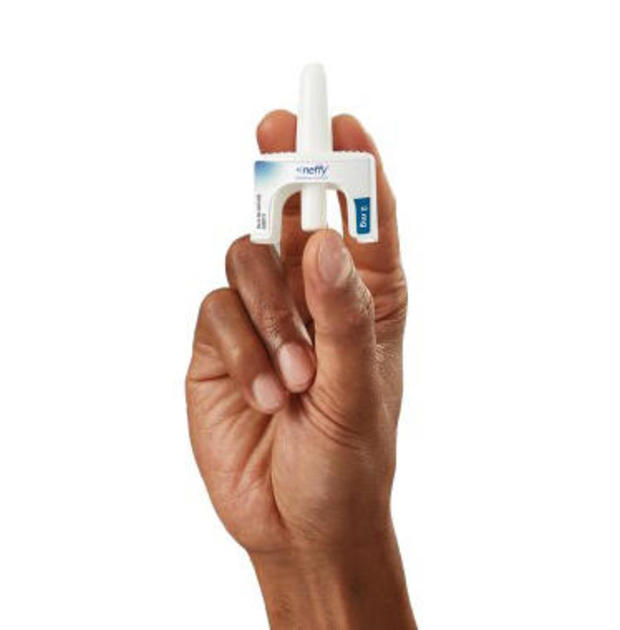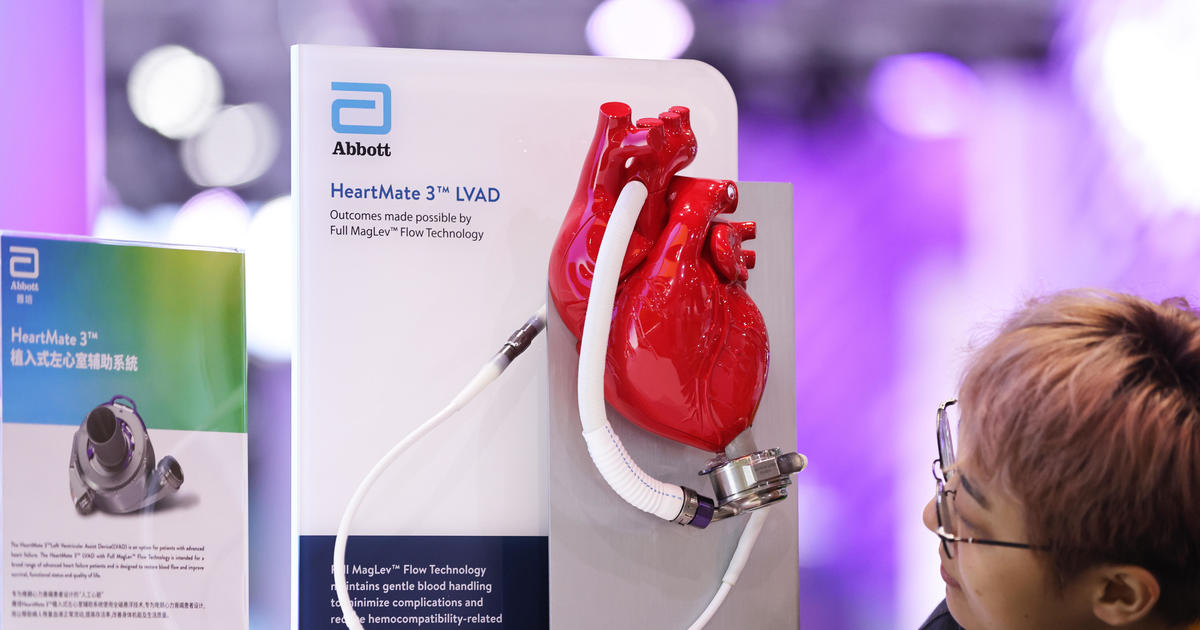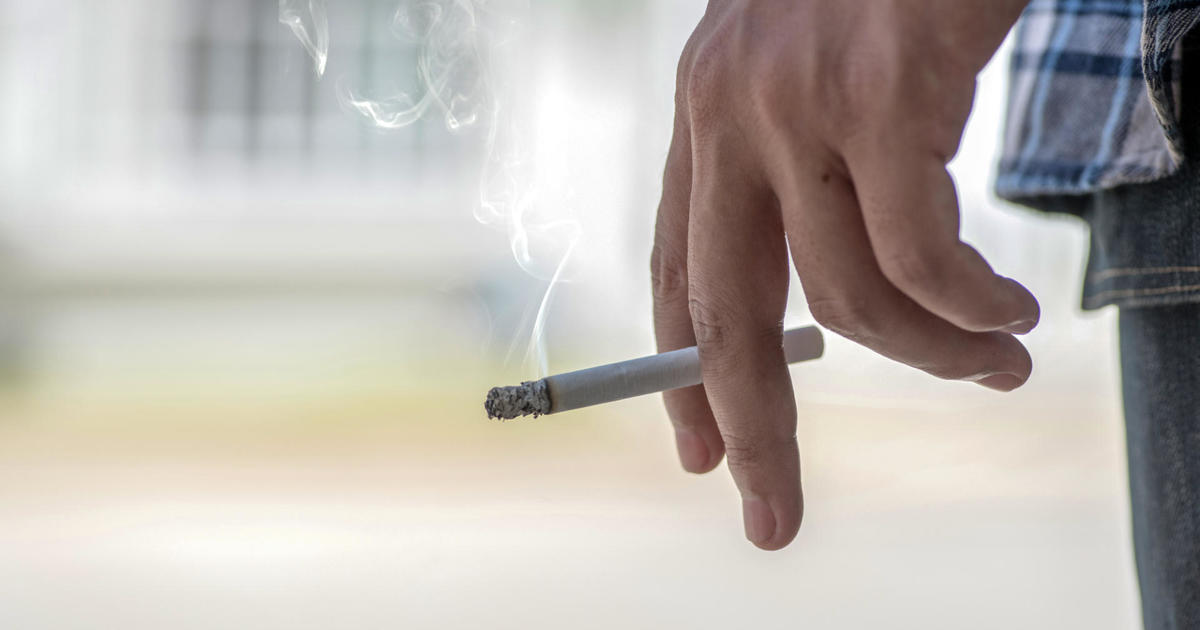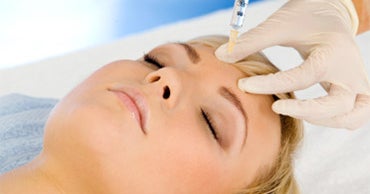First epinephrine nasal spray clears key FDA hurdle, promising needle-free alternative
A committee of the Food and Drug Administration's outside advisers voted Thursday in favor of an epinephrine nasal spray product, clearing a key hurdle for what could soon be the first needle-free option for treating severe allergic reactions.
The majority votes backing the spray for both adults and kids followed a daylong meeting of the agency's Pulmonary-Allergy Drugs Advisory Committee, picking apart an application from ARS Pharmaceuticals for their proposed epinephrine spray, branded as Neffy.
Neffy is designed to deliver a 2 milligram dose of epinephrine, which can reverse the symptoms of a life-threatening allergic reaction. The company is seeking the FDA's approval for anyone weighing at least 30 kilograms — around 66 pounds — and is working on future studies for smaller children.
The advisers had wrestled with gaps in data posed by the drugmaker's approach, which had aimed to bypass large clinical trials by instead comparing it to other previously approved injection products used to treat allergic reactions.
The FDA had asked the committee whether it should demand that more studies be required anyway, but acknowledged steep challenges facing studies of life-threatening allergic reactions which already have widely-available treatments.
The drugmaker says the FDA is expected to issue its final verdict on whether to approve Neffy in "mid-2023." If approved, the company had told investors in March that it hoped to launch the prescription spray by the end of the year.
While the FDA is not legally bound to follow advisory committee votes, the agency says expert input plays a key role in helping its staff weigh tricky questions raised by drug company submissions.
ARS Pharmaceuticals said it hopes Neffy will fill a key unmet need for Americans who are at risk of severe allergic reactions, but are uncomfortable using injection options currently on the market — like the EpiPen, first approved by the FDA in 1987.
The drugmaker cited a survey suggesting some people might administer its epinephrine spray as much as 18 minutes sooner than they would an injection. They also say the product is small enough to be easier to carry around than its competitors, estimating that as many as 35% more people will have epinephrine with them if the spray form is available.
"If they don't have it with them, it's a moot point. They don't deliver, they don't have drug, they go to the hospital," Richard Lowenthal of ARS Pharmaceuticals told the committee.
The device used to administer Neffy is already widely used for some other nasal spray medications already on the market, including the overdose reversal drug naloxone — branded as Narcan nasal spray — that was recently approved to be sold over-the-counter without a prescription.
Why a meeting was needed
Instead of running massive clinical trials, drugmakers can often earn approval by showing their product triggers similar measurements in the body compared to already-approved medications.
In Neffy's case, ARS Pharmaceuticals gathered data on metrics like tracking a person's blood pressure or the concentration of epinephrine that ended up in their bloodstream.
The company then compared it to other injection products, showing the results after Neffy were not substantially higher or lower.
But the FDA reviewers said they struggled with key uncertainties around comparing Neffy's results and those seen after injections already on the market.
Part of the reason the agency said it needed to convene the committee at all for the discussion was because of the unique history of epinephrine.
This drug has been marketed to Americans in some form of injection since 1901 — before Congress drew up the FDA — and therefore was never required to go through the modern approval process to prove safety and effectiveness.
That left the FDA with little data for verifying how closely Neffy's measurements actually translate to efficacy in rescuing patients from life-threatening reactions.
Further complicating comparisons: there were wide ranges in some measurements gathered by the company, as well as from different injection products. The company's studies were also from only healthy volunteers or milder allergic reactions. Some results also raised questions about whether this route might be less effective than injections.
"I would really hate to learn, without some better clinical data, that we recommend approval of a product on the basis of surrogate data that's inconsistent and somewhat confusing and, ultimately because of that, patients are harmed," committee member Dr. Lewis Nelson said.
But others were skeptical that more research would be feasible, or yield good enough results to clear up outstanding questions around the spray's benefits and risks.
"What more can we reasonably legitimately expect? And if that turned out exactly the way we wanted it, would we have that much greater confidence than where we sit now? I'm just not sure of that," committee member Dr. Leonard Bacharier said.




